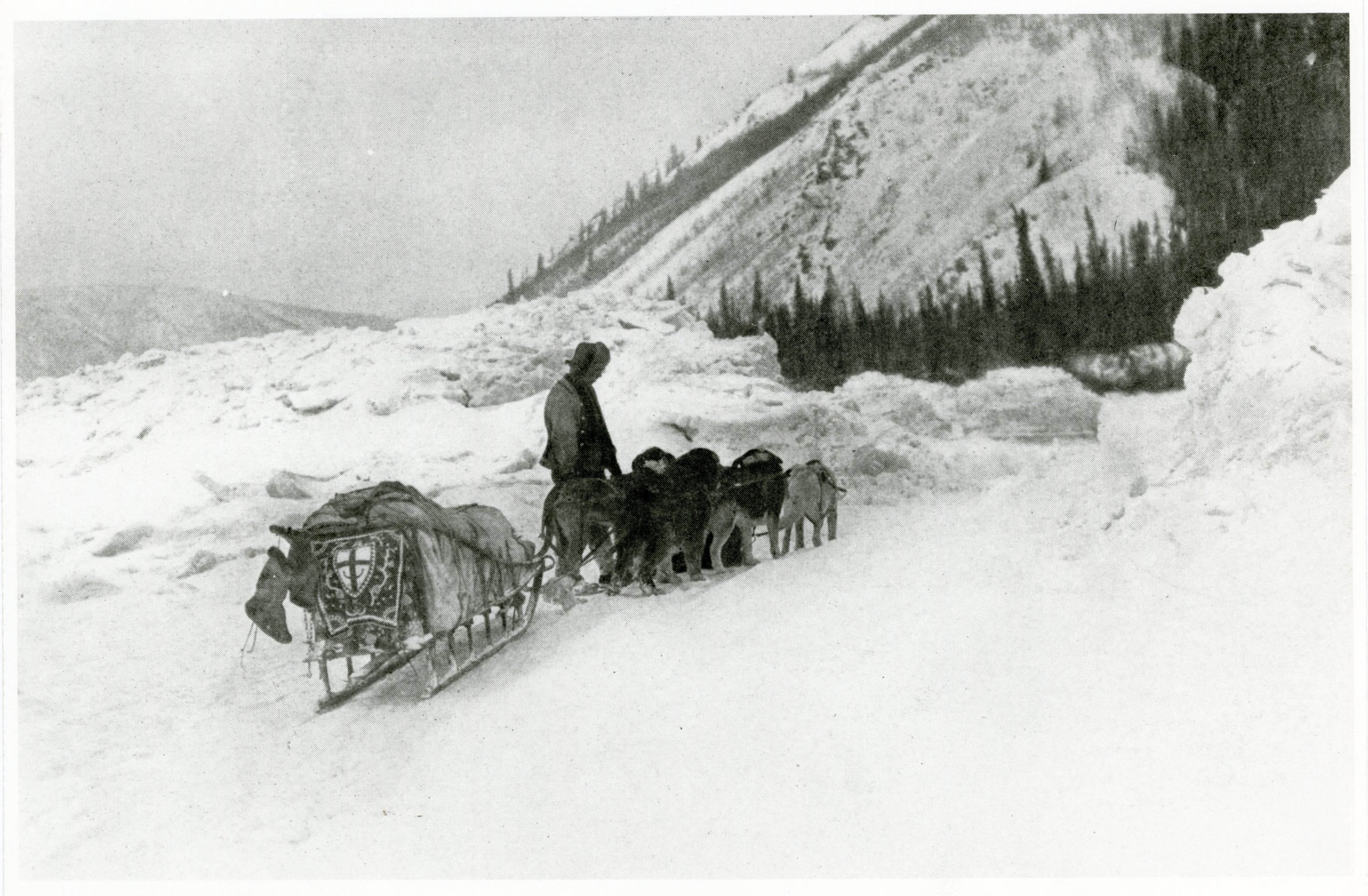LIFE LESSONS FROM A LEGENDARY FIGURE

By Patrick Dean
You might think that an Alaskan missionary, explorer, and author who died a century ago would have little to offer to a 21st-century community of trail runners.
But I’ve been researching the life of Hudson Stuck, Archdeacon of Alaska and the Yukon (1863-1920). In the process, I’ve found some principles in his life that transfer well to the world of running in the wild.
Stuck, who was born in England, co-led the first expedition to the top of Denali, in 1913. He wrote four books about Alaska, under Maxwell Perkins, editor of F. Scott Fitzgerald and Ernest Hemingway at Scribner’s. He is remembered in Alaska today not only for his Denali feat, but also for his enlightened views about Alaska Natives.
Behind these highlights, though, are those principles I mentioned. To me, Stuck’s life organizes itself well around three in particular: being unafraid to take on risks and challenges; appreciating the beauty of the natural world; and doing good for others.
In 1885, at age 22, Stuck decided to leave England — so he flipped a coin: Australia or Texas. On the Texas plains, he worked as a cowboy, learning to ride and to shoot a Winchester rifle. After becoming a priest, he served as Dean of St. Matthew’s Cathedral in Dallas, and boldly chastised his well-to-do congregation’s worship of wealth and status. And in 1904 he chucked that comfortable position for the responsibility of 250,000 square miles of Alaskan interior.
Facing up to challenges, whether in our careers, our personal lives, or as outdoor athletes, expands our world. Taking risks, being willing to fail, is a sure path to personal growth. When we sign up for a scary race, or commit to daily goals, or even just push it on a day when we’re feeling good, we’re letting the universe know that we’re not settling for less than we can be.
Young Hudson spent time scrambling in England’s Lake District, made famous by the Romantic poets Coleridge, Shelley, and Wordsworth. In America, he visited the Grand Canyon and Yellowstone, and climbed in the Canadian Rockies near Banff. His writings are full of lyrical passages describing Alaska’s winters, rivers, and mountains. There’s even a chapter on the northern lights.

This principle’s probably a no-brainer for our community. Love of nature - duh, right? It’s why we’re out there. Runners of the Wild. We know what it does for our heart rates, for our stress levels, for our souls. So maybe the idea should be to let others know, to spread the word! Speaking of which…
Hudson Stuck often said, “I feel sorry for a life in which there is no usefulness to others.” He backed up his words with actions. In Texas, he started a boys’ school, a home for elderly women, and a night school for mill workers. His career in Alaska produced schools, libraries, and the first hospital north of the Arctic Circle. He testified before Congress to protect Alaska Native’s traditional salmon runs on the Yukon river from commercial canneries.
Two Alaska Native men who were mentored by Stuck made history. Walter Harper, a 21-year-old half-Native, was the first person to set foot on Denali, on June 7, 1913. John Fredson, who at 16 was left in charge of the Denali base camp, later became the first Alaska Native to graduate from college, at the University of the South in Sewanee, Tennessee, Stuck’s alma mater.
So how can we do good - for ourselves and others? As I was saying above: we can remind people just how great it is to be outside. We can inspire healthy activities and build active communities, and support organizations that work for those things. We can strive for a healthier planet. Or, we can just grab our best friend and say, “Let’s get outside.”
These aren’t the only ways to live well. But as guiding principles, they’re hard to argue with. No matter who we are, or where we find ourselves in life, there are probably challenges to take on, nature nearby, and people to help. By looking around, and taking action, we can not only improve our own lives; we can also make the world just a little bit better.
I think Archdeacon Stuck would agree.
